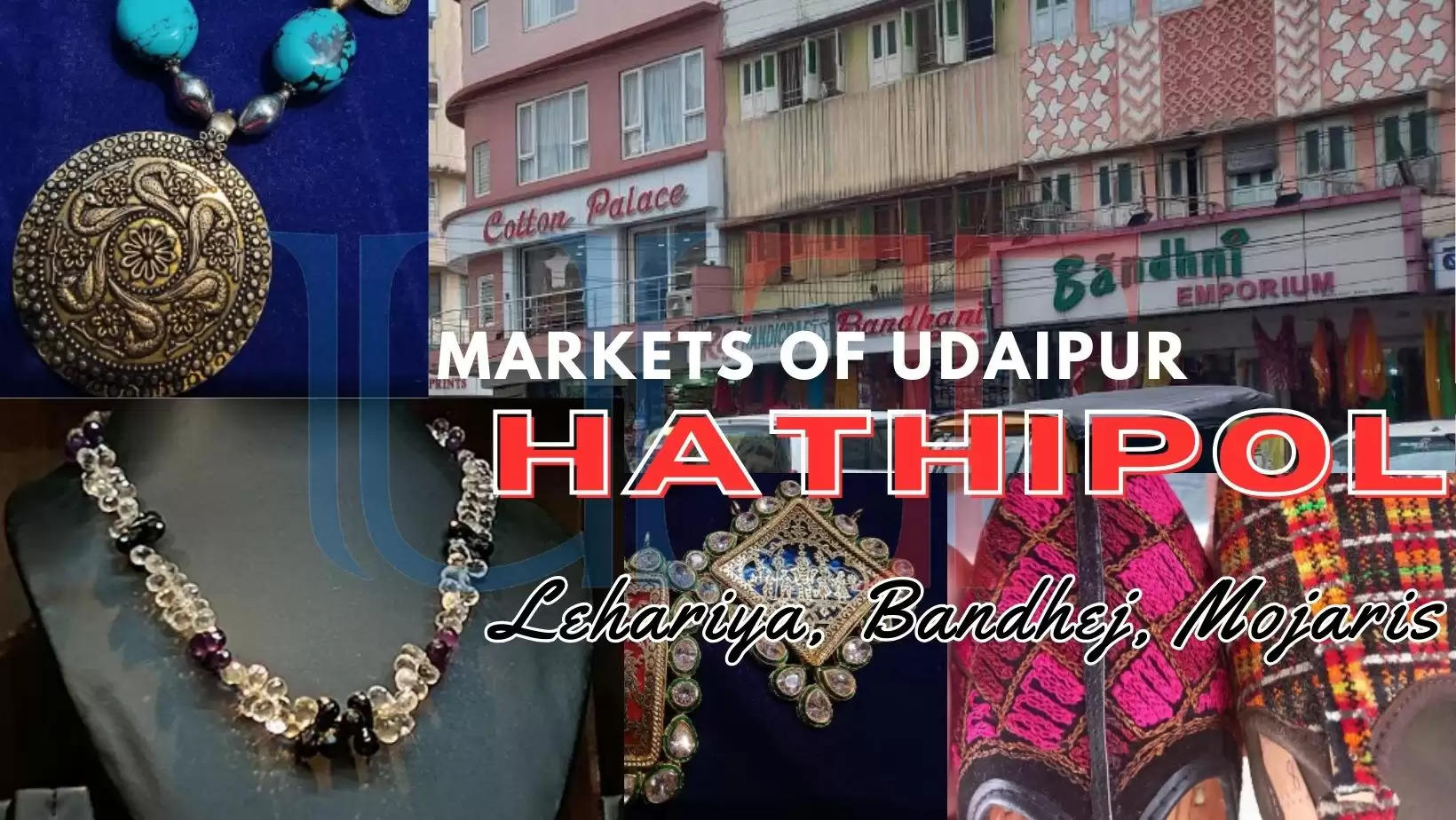Hathipol Market: Where history unfolds in the present through the Textiles and Handicrafts of Udaipur
More than mere art forms, Udaipur's Bandhej, Lehariya, Block Printing, and Mojari are an integral part of the city's culture and identity.
Nestled in the heart of the Aravalli Hills, Udaipur, referred to as the 'City of Lakes' and 'Venice of the East,' is renowned for its rich cultural heritage and artistic traditions. Among the many facets of Udaipur's vibrant culture, the city's artisans have played a pivotal role in preserving and promoting the intricate crafts of Bandhej, Lehariya, Block Printing, Mojari making and Handmade Rajasthani Jewellery.
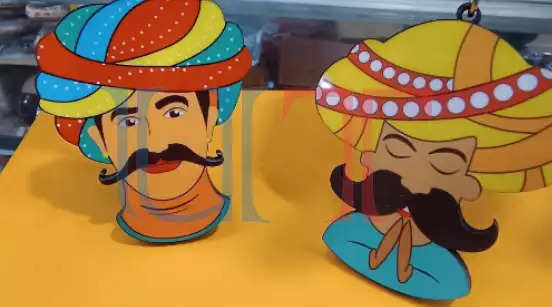
Rajasthani refer to “Bandhej” as “Bandhani”
Bandhej, also known as Bandhani, is a traditional tie-dye technique that has been practiced in Udaipur for centuries. According to sources, Bandhej is an art form that dates back 300-400 years in the region of Mewar. However, in Udaipur, this art form has a history of around 100 years.The process involves tying small portions of the fabric with threads and then dyeing it to create intricate patterns. The result is a mesmerizing blend of colors and designs that is synonymous with Rajasthani fashion. Udaipur artisans have perfected the art of Bandhej, creating stunning sarees, dupattas, and turbans.
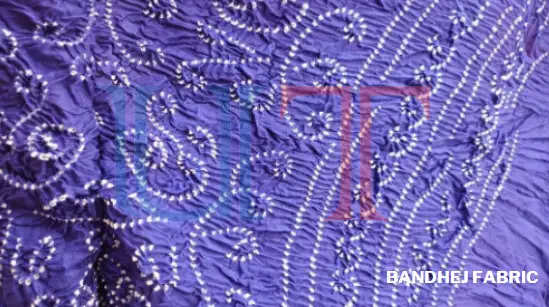
Hathipol Market
The Hathipole market in Udaipur is one of the city's oldest markets, where each shop narrates a vibrant tale of Bandhej and Lehariya textiles. “Lehariya” is another traditional tie-dye technique known for its distinctive wave-like patterns, resembling the rippling water of Udaipur’s beautiful lakes. The intricate and colorful Lehariya sarees and turbans are a reflection of Udaipur's festive spirit.
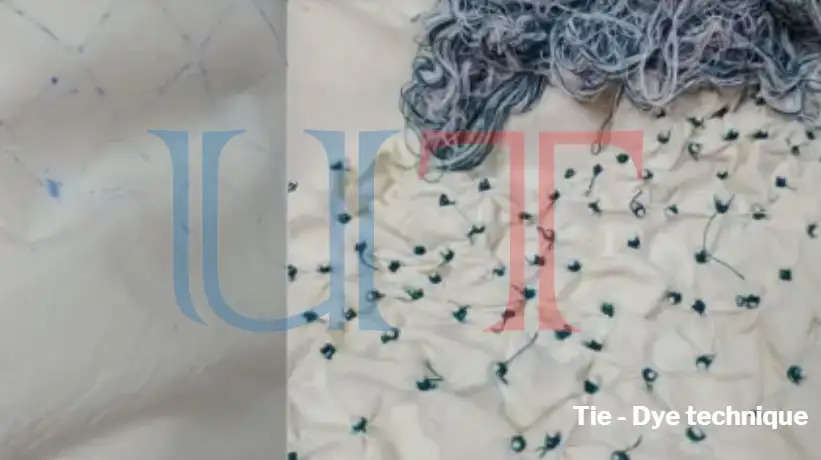
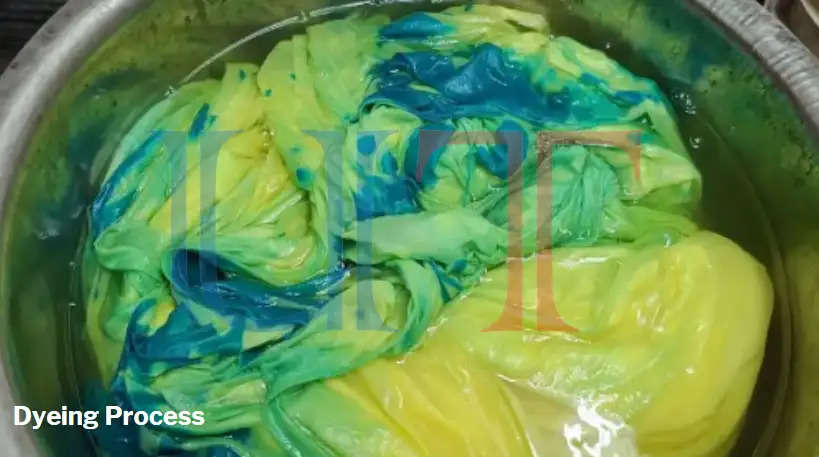
Udaipur’s Turban Tradition
Maharana Bhopal Singh (1884-1955)
Mohammad Salim, owner of National Hand Prints, one of Hathipol's renowned shops is from a family that has been in this business for over 100 years. He shared with UdaipurTimes an intriguing historical insight: the tradition of Bandhej and Lehariya in Udaipur finds its roots in the era of Maharana Bhopal Singh. According to Salim, this aspect of Rajasthan's textile heritage remains relatively unknown to many. During the reign of Maharana Bhopal Singh, Bandhej and Lehariya garments were exclusively crafted for the royal family. These distinctive textiles were reserved solely for their use, symbolizing their unique status. It is said that Maharana Bhopal Singh himself donned Bandhej and Lehariya turbans, specially handcrafted by skilled artisans, adding a touch of regal elegance to his attire.
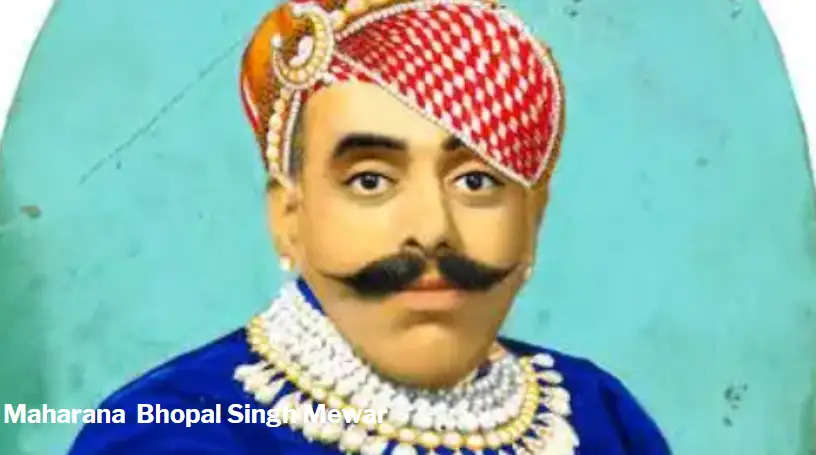
Khalil Ahmed, a skilled artisan working under Mohammad Salim, proudly shares that he has been honing his craft in the exquisite techniques of Bandhej and Lehariya for many years. He traces his artistic lineage back to his great grandfather, “Haji Fateh Mohammad”, who arrived in Udaipur approximately 150 years ago. What adds a fascinating historical touch to this story is that Haji Fateh Mohammad was employed by Maharaja Bhopal Singh, crafting the magnificent Bandhej and Lehariya Safas (turbans) for Maharana Bhopal Singh during that era.
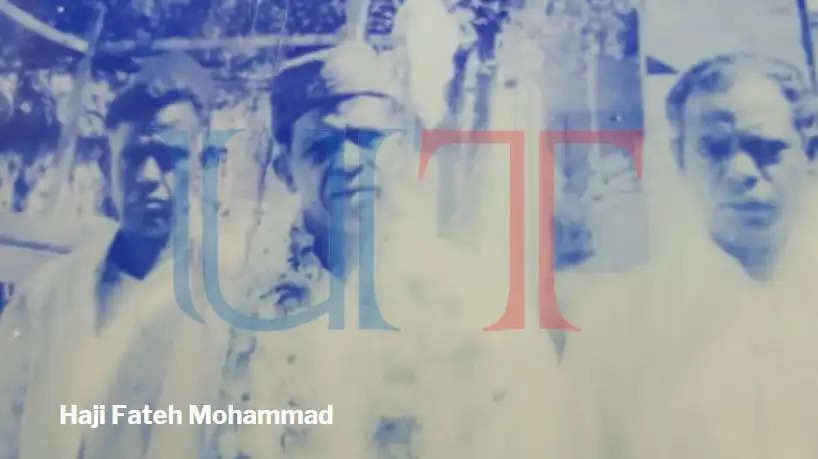
Women Artisans
For generations, women have been actively involved in the art of crafting Bandhej and Lehariya fabrics. Shop owners provide employment opportunities to these skilled female artisans, who diligently create these exquisite textiles on a daily basis. These women possess a deep understanding of the intricate technique of Tie-dye and have been contributing their expertise for traders in the Hathipol area.
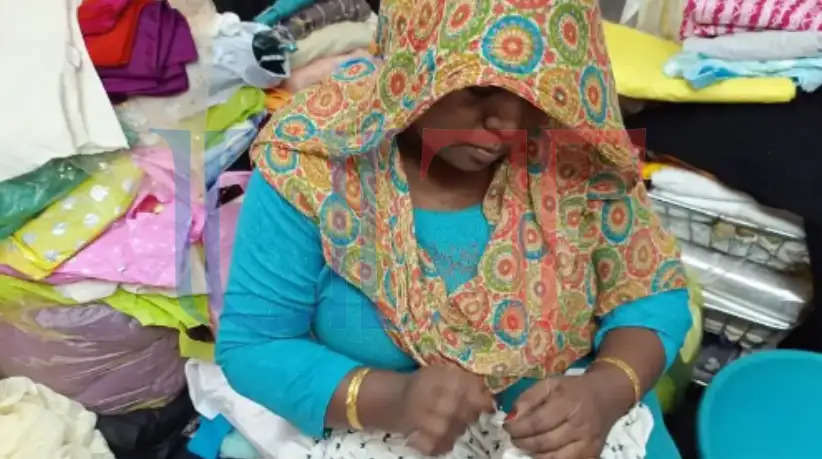
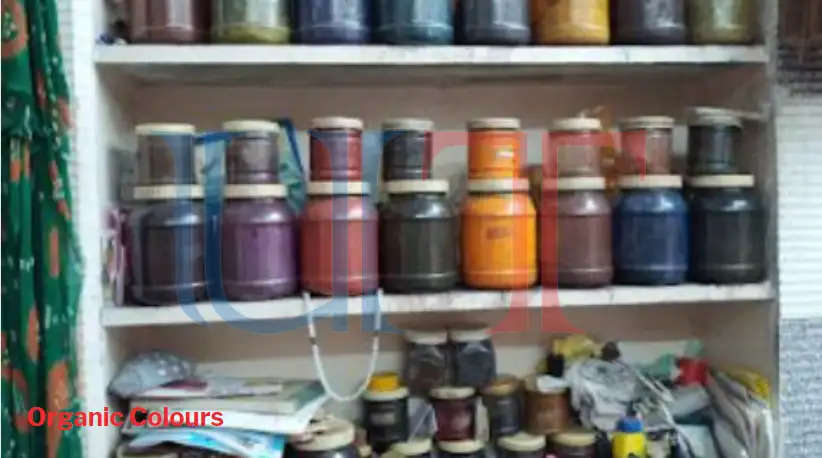
Kings Love For Art
Mohammad Salim elaborated on this fascinating historical account, sharing that according to scholars, artists from Multan City, Pakistan, were called to Udaipur during the partition of India and Pakistan. These artisans were invited by the royalty of Udaipur. Remarkably, their families have since continued the legacy of Bandhej and Lehariya art in Udaipur, passing down their rich artistic tradition through generations.
Crafting Stories on Fabric since 500 years
In Rajasthani paintings, you've likely come across depictions of camels, elephants, floral motifs, and regal processions, reflecting the rich cultural heritage of the region. However, these same captivating elements can also be found adorning fabrics through the exquisite art of Block Printing. This vibrant textile tradition is not confined solely to fabric; it permeates various products, showcasing Rajasthan's diverse culture and picturesque landscapes. These intricate prints narrate the vivid stories of Rajasthan's heritage and its breathtaking natural surroundings. Block printing is an art form that involves hand-carved wooden blocks used to print intricate designs onto products.
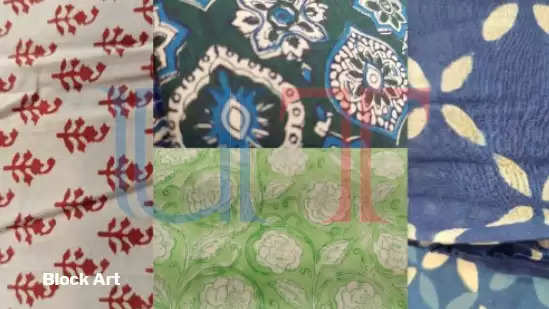
Various types of block prints include Bagru, Kalamkari, Ajrak, and Indigo or Daku. Naresh, a shopkeeper, explained that block prints utilize organic colors derived from vegetables and stones. The city's block-printed fabrics feature intricate motifs, ranging from floral patterns to geometric designs. Whether it is bed linens, tablecloths, or clothing, these handcrafted pieces also dominate Udaipur’s markets.
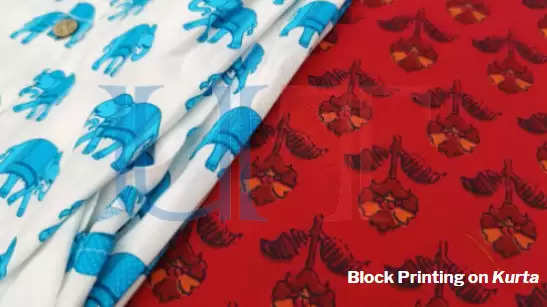
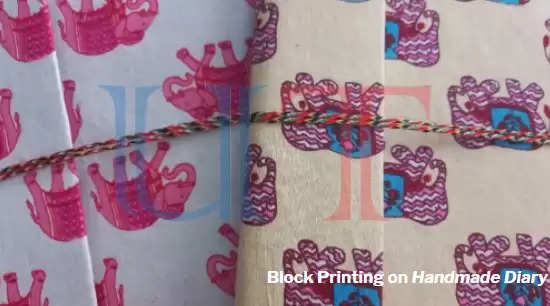
Handmade Rajasthani Bags
Anees Bagwala, a businessman who owns a shop in Udaipur's Hathipol market, has been in the business of selling handmade Rajasthani bags for 12 years now. Initially, he was involved in the manufacturing of local bags, but he later transitioned into the handicraft bags business.
Today, his shop offers a diverse range of trendy and traditional handmade bags, each showcasing the rich cultural heritage of Rajasthan. From Kantha Work Bags and Rajasthani clutches to Boho Sling bags, Potli bags, and Metal Clutches, his store serves as a one-stop destination for all types of Rajasthani handmade bags. He also mentioned that the Hathipol market has seen significant development over the past two decades. Previously, only old shops with traditional items were operating in the area. He also mentioned that Hathipol market is a popular location for pre-wedding photoshoots.
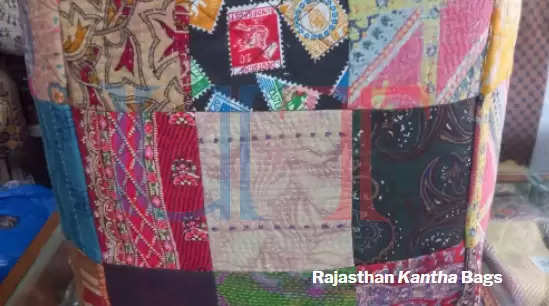
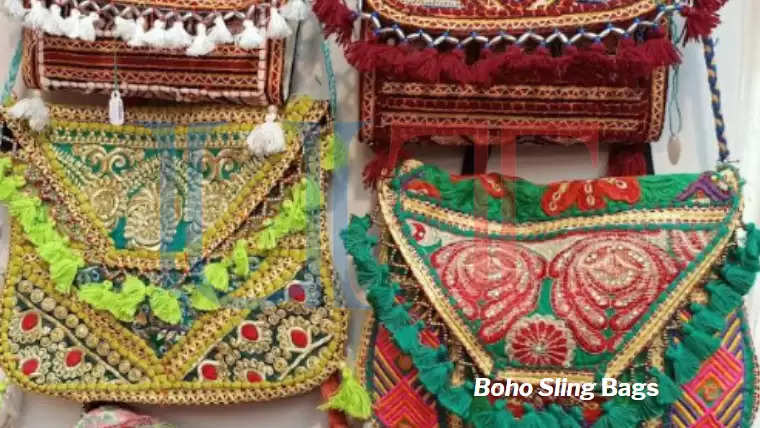
Siraj Panwala is another vendor specializing in selling handmade bags, which are deeply influenced by the rich cultural elements of Rajasthan. According to him, when tourists visit Udaipur, they seldom leave empty-handed. Instead, they carry with them a piece of Udaipur's heritage in the form of handmade Rajasthani bags, Mojari footwear, as well as Lehariya, Bandhej, and Block print fabrics.
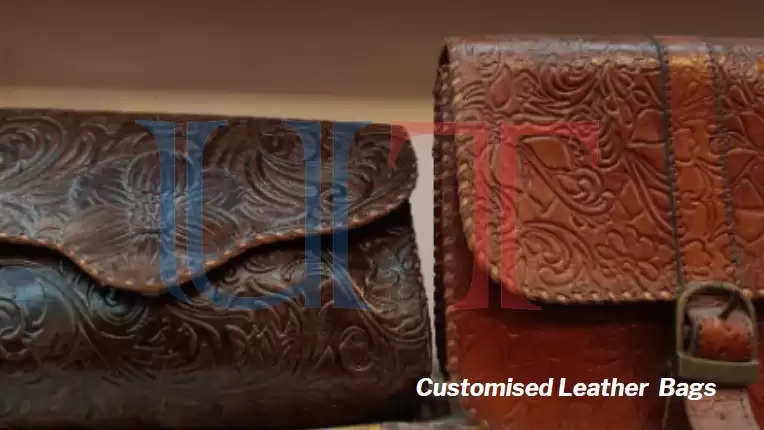
Handcrafted Rajasthani Jewellery In Udaipur
A young businessman named Haider Ali Magar in Udaipur specializes in handmade Rajasthani jewellery. In his conversation with UdaipurTimes, he shared insights about these exquisite creations. He explained that Rajasthan is renowned for its Kundan, Minakari, Crystal, and Zinc-based jewelry, all of which are highly popular.
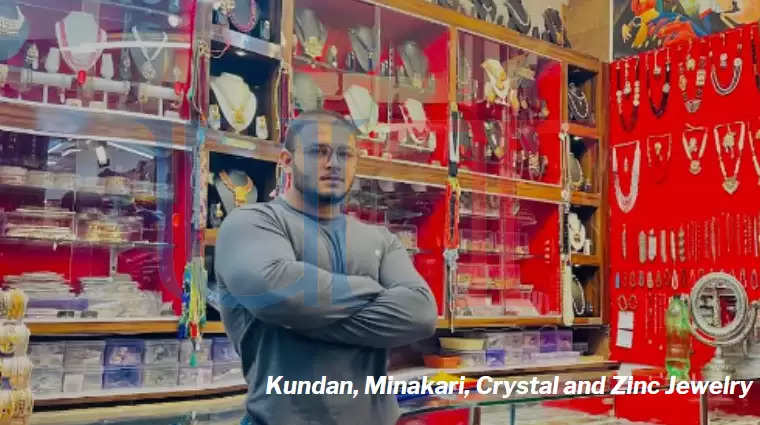
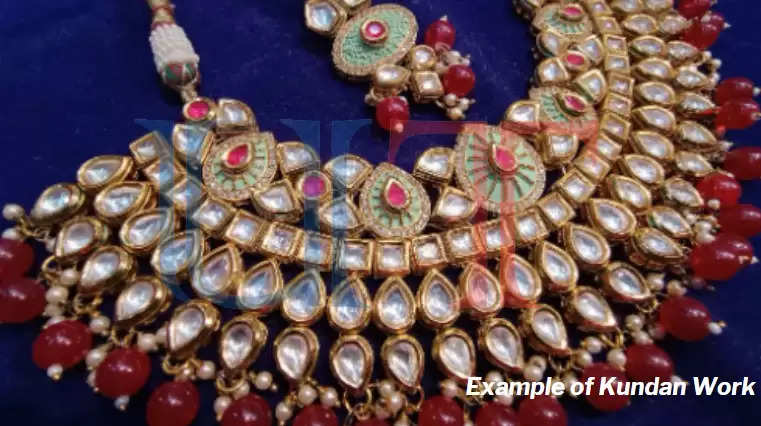
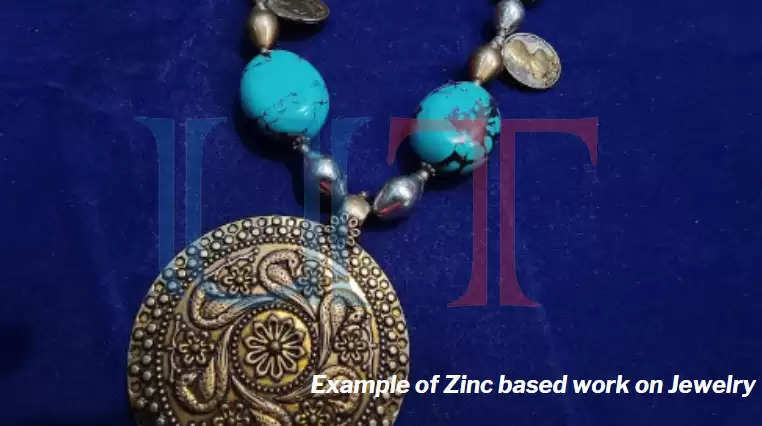
Crystal mined from Aravallis
Haider also highlighted that Rajasthan stands as a prominent exporter of Crystal Jewellery, primarily because the crystals used in these pieces are sourced from the majestic Aravalli Mountains.
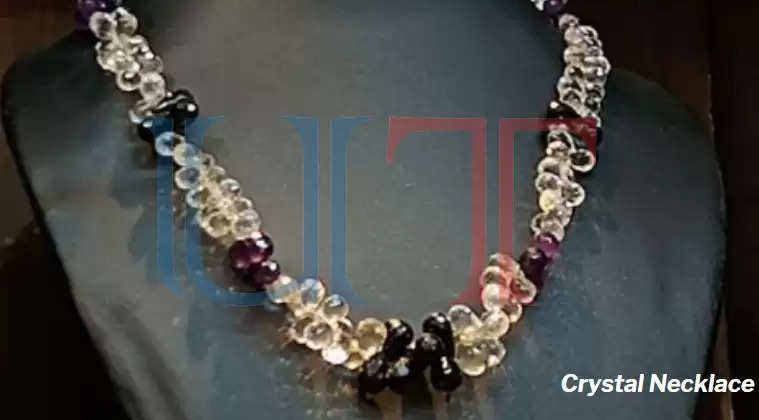
Thewa Jewelry crafting is a traditional art form that involves the intricate application of 23k Gold on Belgium glass, renowned for its exquisite designs. This esteemed craft finds its roots in the culturally rich region of Pratapgarh, Udaipur.
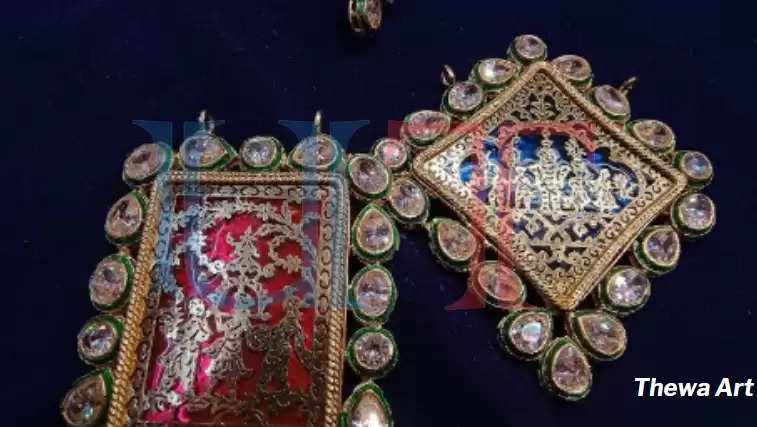
Mojari Making
Mojari, also known as Jutti, is a traditional Rajasthani footwear that has been handcrafted in Udaipur for generations. These shoes are not only known for their artistic embroidery but also for their comfort and durability. The art of crafting Mojari is a tradition that spans 500 years, and it comes in two distinct types: the Velvet Mojari, embellished with intricate Kashida work, and the Leather Mojari, known for its distinctive stitching. Hathipole market also has a wide variety of colorful Mojaris.
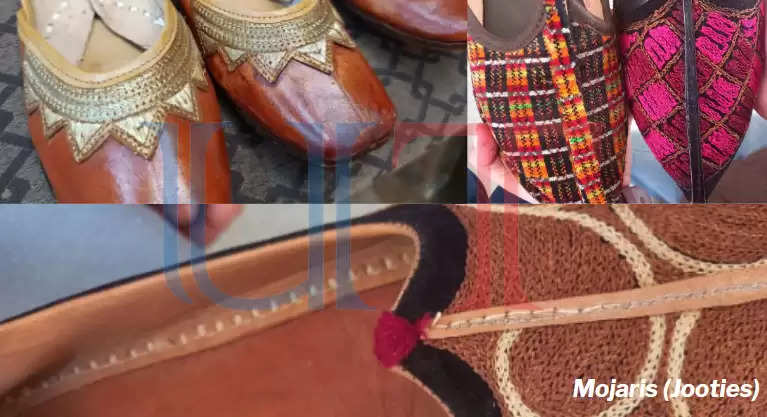
Udaipur's Bandhej, Lehariya, Block Printing, and Mojari making are more than just art forms; they are an integral part of the city's culture and identity. These crafts tell the story of a city deeply rooted in tradition yet embracing modernity. They are a testament to the skill, dedication, and creativity of Udaipur's artisans who continue to keep these traditions alive, ensuring that they remain an essential part of the city's rich cultural tapestry.
To join us on Facebook Click Here and Subscribe to UdaipurTimes Broadcast channels on GoogleNews | Telegram | Signal



